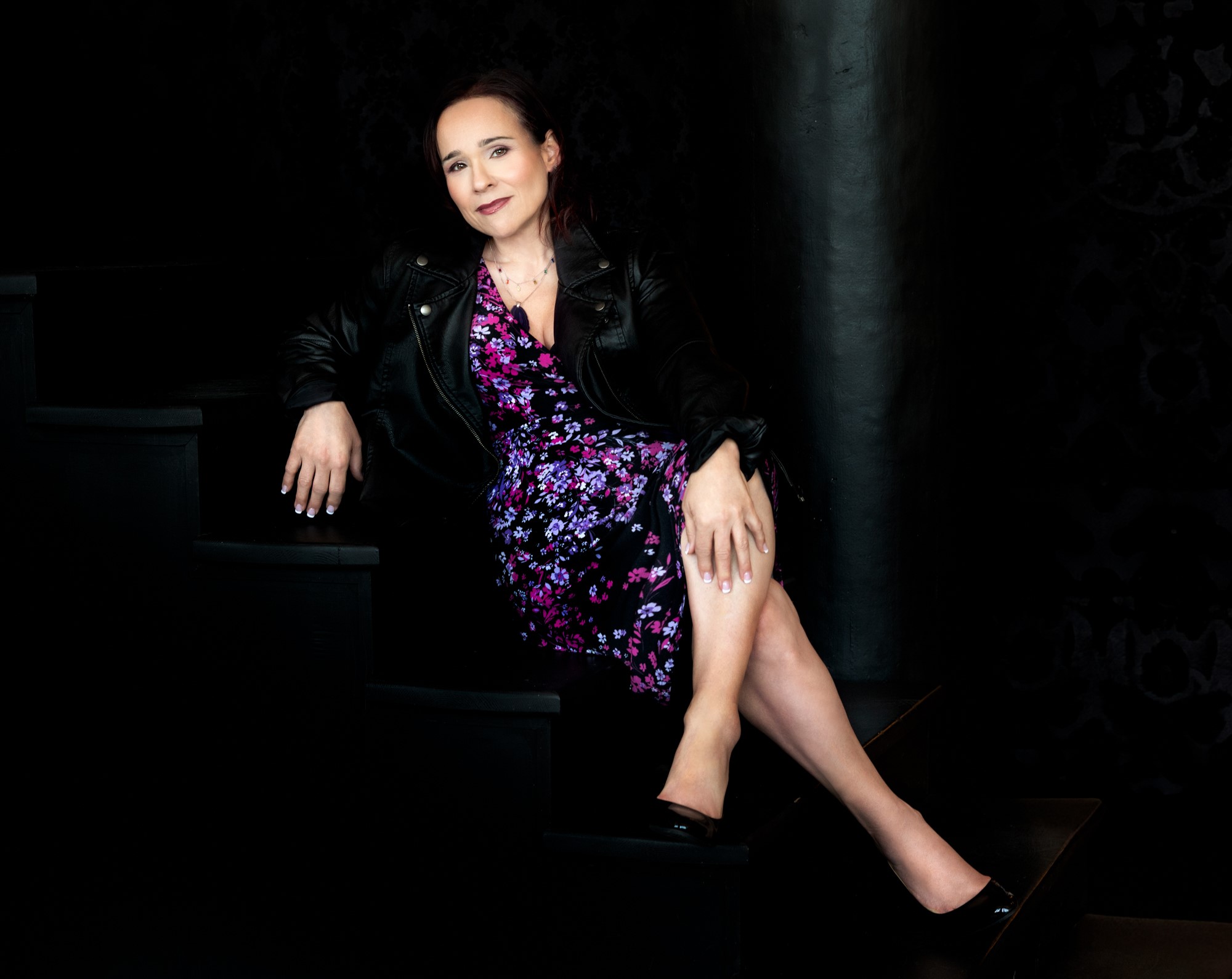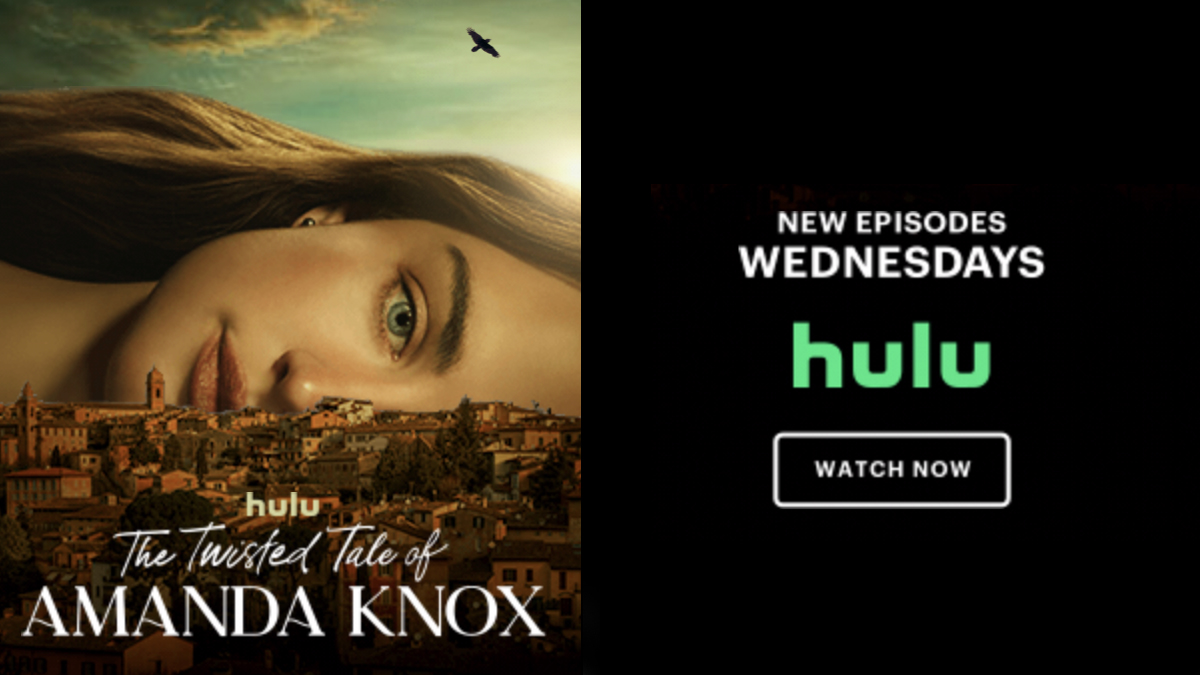Please introduce yourself and give us a little background on how you got started?
My name is Tracy-Ann Leith, and I’m a bilingual voice actor living in Montreal, Quebec, Canada. My voiceover career started in September 2011.
After taking a 6-week voice acting course at the Montreal Radio & Television School, the owner gave me my demo with the email of a Toronto-based non-union talent agency and said, “Get in touch with them, you’re good”. In 2012, I signed with PN Agency.
That same year, my demo made its way to a radio station by January 2012, I became a co-host for a morning weekly radio show called "Réveil Tropical”.
What got you into a career in voice-overs?
In 2012, while working as an office assistant, I decided that I wanted to do more with my life. I’d always been told that I had a good voice and decided to sign up for a voice acting class. The following day, my union went on strike. Despite this, I was still committed to continuing with the course.
Talk about the challenges you face in the voice over and how do you overcome them?
When I was diagnosed with ADHD in June 2022, it was a major turning point that helped me to better understand myself, which was the missing piece that I needed to make sense of my life. With proper medication, I was able to get the proper treatment to fully life my life.
What in your life experience was most helpful to you in becoming a voice actor?
When I decided to sign up for the Voice Acting course, that’s when I made the choice to change my life. It was an inner calling that motivated me to do more with my life.
Any classes, books or programs you recommend?
Anything that helps you learn more about yourself and bettering your craft, go for that. Recently, I heard something that resonates with me “Words. Don’t. Teach”. Words have the ability to inspire, motivate, and move others to become better versions of themselves.
Can you give an example of a project you have worked on as a voice-over artist?
Having voiced hundreds of different things, from TV and radio commercials to corporate promotional videos to doing live event announcements, I was fortunate to have worked on several TV spots for Raymond James.
How do you approach a voice-over script?
Every script is unique. That being said, I’ll start with looking over the specs, to get a sense of how they wanted it sound. If I have any questions, I’ll ask the client to provide additional information. Always keeping in mind that I’m there to work with the client to help give them a great final product.
What do you recommend? Sett up a home studio or using a commercial recording facility?
In having an at-home studio, you’re able to position yourself better in the interests of providing fast and high-quality turnaround. It’s also a good idea to familiarize yourself with the local recording studios, in case you receive a project that offers different types of services (i.e.: dubbing, large-scale projects).
Do you have a specialty in voice work, or do you have several types?
The bulk of my work is in IVR (Interactive Voice Recognition) or telephony systems. That being said, I’ve worked on various types of voice projects: Corporate E-Learning, promotional videos, radio & tv commercials, and live announcements (Voice of God)
What’s a typical day like in the voice-over business?
Daily life as a voice actor can be quite different, one day to the next. Being an entrepreneur means that you are responsible for every aspect of your business: accounting, marketing, social media content management, IT expert, administration, customer service, and voice talent at any given time. It’s quite challenging, but very rewarding at the same time.
Every day, there’s always something new and interesting to learn about and do.
Can you recommend any online resources for aspiring voice talents?
Seek out those reputable organizations that are known to be reliable resources within the industry and who adhere to industry standards. Gravy For The Brain and The Global Voice Acting Association (GVAA) are good places to start.
NAVA (North Association of American Voice Actors) as well as the CAVA (Canadian Association of Voice Actors) are also very important resource as they are social impact non-profit associations created to advocate and promote the advancement of the voice acting industry
What does the industry mean to you?
The voice industry is made of incredibly creative, supportive and generous people and I consider myself fortunate to be part of.
What are the feelings when you hear and see your peers on shows on the big screen?
Voice actors are some of the most encouraging individuals you’ll ever meet. We all root for one another. Anytime I hear a voice I recognize on TV or radio, I say “Hey! I know that person!”
How competitive is the industry?
Competition is only useful as a tool for comparison with oneself in order to become better at one’s craft. The only person that you need to worry about is yourself. There are so many elements that come into play when agents and casting directors decide who they should choose that have absolutely nothing to do with you.
When you focus on the things that are actually within your control, you allow your true creativity to come true.
What are some of your favourite voice acting roles that you’ve played?
I played a British squirrel, a bear and a fish for a commercial once! That was a lot of fun! I’d like to get into character voices, since I’ve been doing them all of my life!
Provide an example of a time when you had to perform multiple roles in a single recording session.
During a directed session, I had to do the narration, record the audio, and configure the video conference to enable audio playback for the client. Sounds simple, but it’s a lot of juggling!
What do you wish you like to see change in the voice over industry?
More awareness and representation of the neurodivergent communities.
How do you stay competitive?
Always keep learning. Our industry is ever changing, and we have a responsibility to be adaptable, and flexible in order to thrive in this business.
What is next for you what can we expect for you to do this year?
I’ve taken up acting and we’ll be in an independent film. I’m playing a mafia hit woman which is a completely different than what I’m usually asked to do. Shooting should be done in a few more months.
What do you love most about the world of entertainment?
The incredible creativity of the artistic community. How an actor can choose to become someone completely different in each role they take on. There is freedom in being a creative individual.
When performing, do you prefer to have others in the recording studio with you, or would you rather work alone?
Since I work from home, I pretty much work alone. My dog, Gizmo is my constant companion and keeps me company. It’s a welcome change when I do get asked to record off-site as it allows me to get out of my booth and see other people.
What is your main inspiration towards voice acting?
It may sound cliché, but it’s the voice actors themselves. We inspire one another to be better and do better. Voice actors are incredibly supportive, always encouraging each other’s success. There’s an energy within the voice acting community that is unparalleled.
Describe your process for preparing for a voice acting role?
Meeting new clients, understanding their needs, and working with them to bring their projects to fruition. I love the collaboration aspect of it.
How difficult is it to land work in the voice over world?
There’s work everywhere, if you look for it. The goal is to create strong relationships with your potential clients, to ensure consistent and repeat work.
What makes you stand out as a voice actor?
Being a fully bilingual actor, I’m able to provide clients with a seamless experience, in English and in French. I’m also focused on the human aspect of the business; being professional means politeness, listening to my client’s needs, flexibility, lots of patience, and understanding and being okay with the fact that anything can happen.
What do you think is the most important skill for a voice actor to have?
Patience, understanding, the ability to have fun, and always stay passionate about the craft.
How do you handle receiving feedback and direction from producers or directors during recording sessions?
Every session I go into, I already know that everyone in that session wants me to succeed. That way, I can relax and fully be present during the recording, and adapt my narration according to their director or producer’s request, whether it’s slowing or speeding up the cadence, changing the inflection or removing words from the script to be able to fit the spot.





